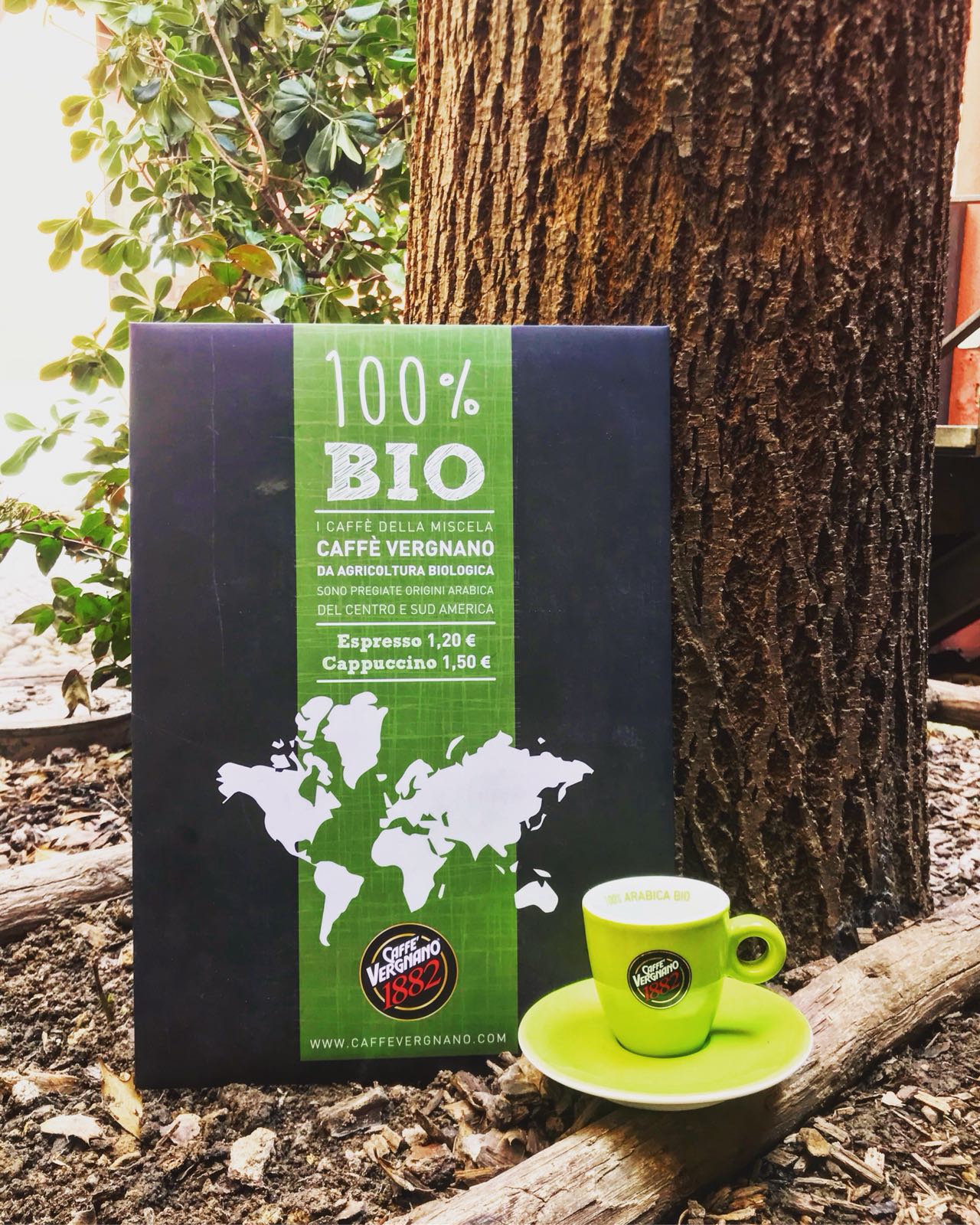Are the Italian terms organico (whole, non-processed) and biologico (organic) synonyms? How often have we heard and used these two terms thinking they refer to the same concept? Their meaning, however, is quite different. Let’s find out how to use them correctly!
Safeguarding the environment is becoming more and more an essential matter and we inevitably end up talking about it. Being aware of the many sources of pollution that surround us and arrive on our tables urges us to defend our health in an active and responsible manner.
Choosing organic food
A healthy habit we should put into practice is the informed choice of foods we eat during our meals. Today, more than ever, it is important to choose ingredients that don’t come from polluted areas or are cultivated with the most natural methods, without the use of pesticides and herbicides. However, to choose organic food without stumbling across errors or counterfeit we must be well informed.
Let’s not fall into the trap
It is essential to read and know how to understand labels. Indeed, it often happens to find unclear terms that don’t mean anything to us. For instance, in Italy, you might read on the packaging the word organico and immediately think it means organic. The truth is this term is rather misleading because it plays on the immediate similarity with the English word ‘organic’. Whereas, in Italian, organico refers to whole non-processed food, such as fruit, vegetables, fish and meat. This, however, doesn’t automatically translate into healthy and organic food.
Organic certification
Whether food is whole or not, to bear the organic food label, it must have been cultivated according to the strict standards of organic farming, and the company must undergo the required checks and, in the case of processed food, the main ingredients must be organic. In addition, the certification bodies issue organic certification seals to companies that meet all the required standards. Some common examples are the ECOCERT and ICEA seals.
Organic products
Therefore, the Italian word biologico (whole, non-processed) doesn’t necessarily mean healthy and certainly doesn’t mean organic. Whereas, Italians might find the English ‘organic’ label (https://shop.caffevergnano.com/87-sacco-bio-1-kg.html) on international or Italian products that are also intended to be exported. In this case, the label indicates its organic origin and most likely it will also be specified in Italian on the package.
Even coffee becomes organic
Organic coffee has finally arrived in our cups! Coffee lovers can choose excellent organic blends, either loose or in capsules, to enjoy a good and healthy coffee knowing that they haven’t contributed to polluting the lands where it was cultivated or put farmers’ health at risk. This is an act of responsibility that we can replicate in everyday life.
Now, choosing organic products is simple and always more affordable. Have you ever had organic coffee? Can you easily find it at the café? Tell us about your experience.






